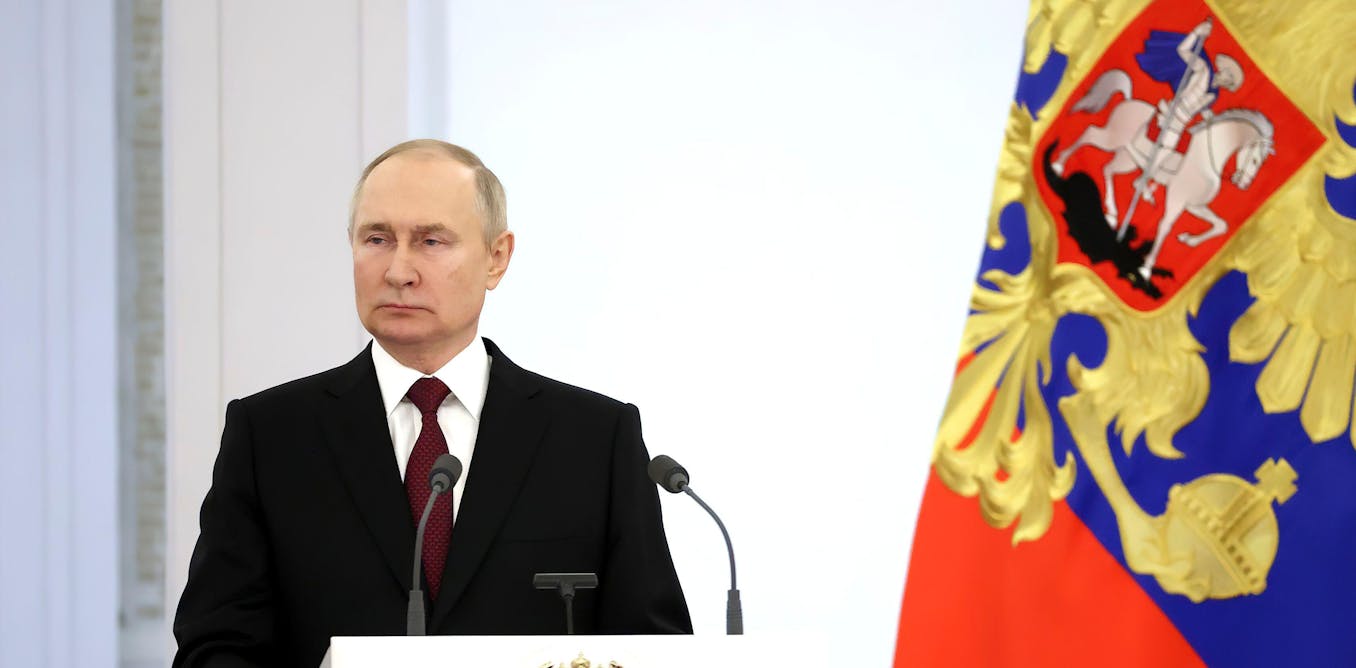
In the ongoing complexity of international relations, tensions between Russia and the West have escalated significantly since the 2014 occupation of Crimea. This move, aimed at securing access to the strategic base of Sevastopol for Russia’s Black Sea Fleet, marked the beginning of a fraught relationship that has continued to unfold.
During the annual Valdai security conference in 2014, Russian President Vladimir Putin voiced concerns of an impending conflict with the West, claiming that the West had “crossed a line.” His message largely went unheard at the time, but in hindsight, it is clear that Putin signaled a willingness to engage in a more extensive military conflict. Today, several key factors underscore Russia’s war footing, including the expansion of NATO and the EU along its borders, Western aid to Ukraine, and heightened anti-Russian rhetoric.
Putin has outlined his perspective, indicating that Russia is not merely engaged in a cease-fire but is actively combating what he perceives as a neo-Nazi agenda supported by the collective West. As of late 2023, this narrative has intensified with Russian officials asserting that Western actions are pushing Russia closer to a third world war.
While international diplomacy remains a fragile endeavor, the potential for large-scale conflict looms, raising concerns about one of the most volatile situations in recent history. The possibility of direct confrontation among coalitions, specifically a potential war between NATO countries and Russia, presents complex consequences for global stability.
Notably, countries in close proximity to Russia, such as Sweden, Finland, and Norway, have recognized these threats and are seeking stronger military alliances. Amidst this turmoil, Europe is beginning to realize its need for a robust defense strategy, having historically underinvested in military resources. Despite challenges, the EU possesses considerable advantages, including a formidable technology sector that could enhance its defense capabilities.
Furthermore, understanding the shifting landscape of geopolitical motives is crucial. Actions taken by countries like Iran and North Korea in support of Russia impact the capabilities of the Russian military and underscore the interconnected nature of international relations.
Ultimately, promoting dialogue, fostering greater awareness of Russia’s strategic objectives, and enhancing collaborative defense strategies will be essential to navigate these tumultuous times. While the path ahead is uncertain, a concerted effort to engage diplomatically could help de-escalate tensions and avert the broader conflict that many fear.
In conclusion, as Europe prepares for a future that may be marked by increased hostilities, it must harness its innovative capacity and collective strength to ensure peace and stability in a constantly evolving geopolitical landscape.
#Politics #WorldNews


